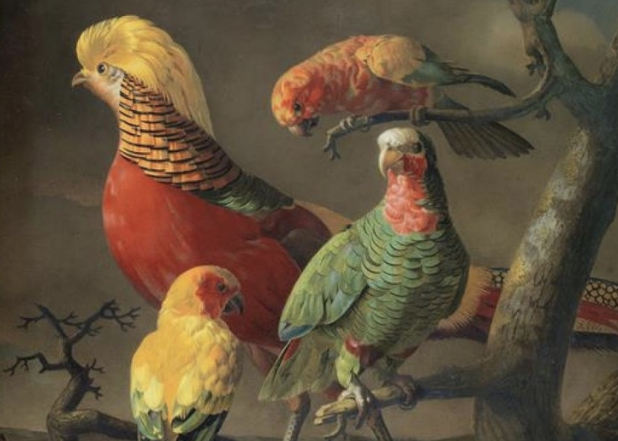Enlightenment Natures: Birds and the French Empire, 1740-1820
Yotam Tsal
History
UC Berkeley
This dissertation traces the making and dismantling of 18th century French Ornithology by examining the rise of amateurish Ornithology, and its replacement by modern Ornithology by the century’s end. Due to their variety, compactness, and migratory ability, birds attracted significant attention from both scientists and laymen, such as artists and taxidermists, as exemplars of nature’s complexities. Birds enabled Parisian scientists to apprehend the vastness of the Empire and for naturalists in subnational territories and colonies to experiment with their identities as being distinct from the metropole. However, this moment of collaboration between cultural and scientific communities, and competition between Paris and other localities, ended with the collapse of the colonial Empire and the French Revolution. Confronted with the periphery’s resistance to top-down control from the capital, and overwhelmed by an influx of new specimens from abroad, Parisian naturalists began to produce ornithological projects that, while more cautious in scope, sought to disseminate a universal narrative about the new Republic’s nature. By decentering mainstream scientists to encompass other knowledge producers, this dissertation sheds light on the centrality of “non-scientific” actors in the development of modern natural sciences and in shaping our conception of nature.

